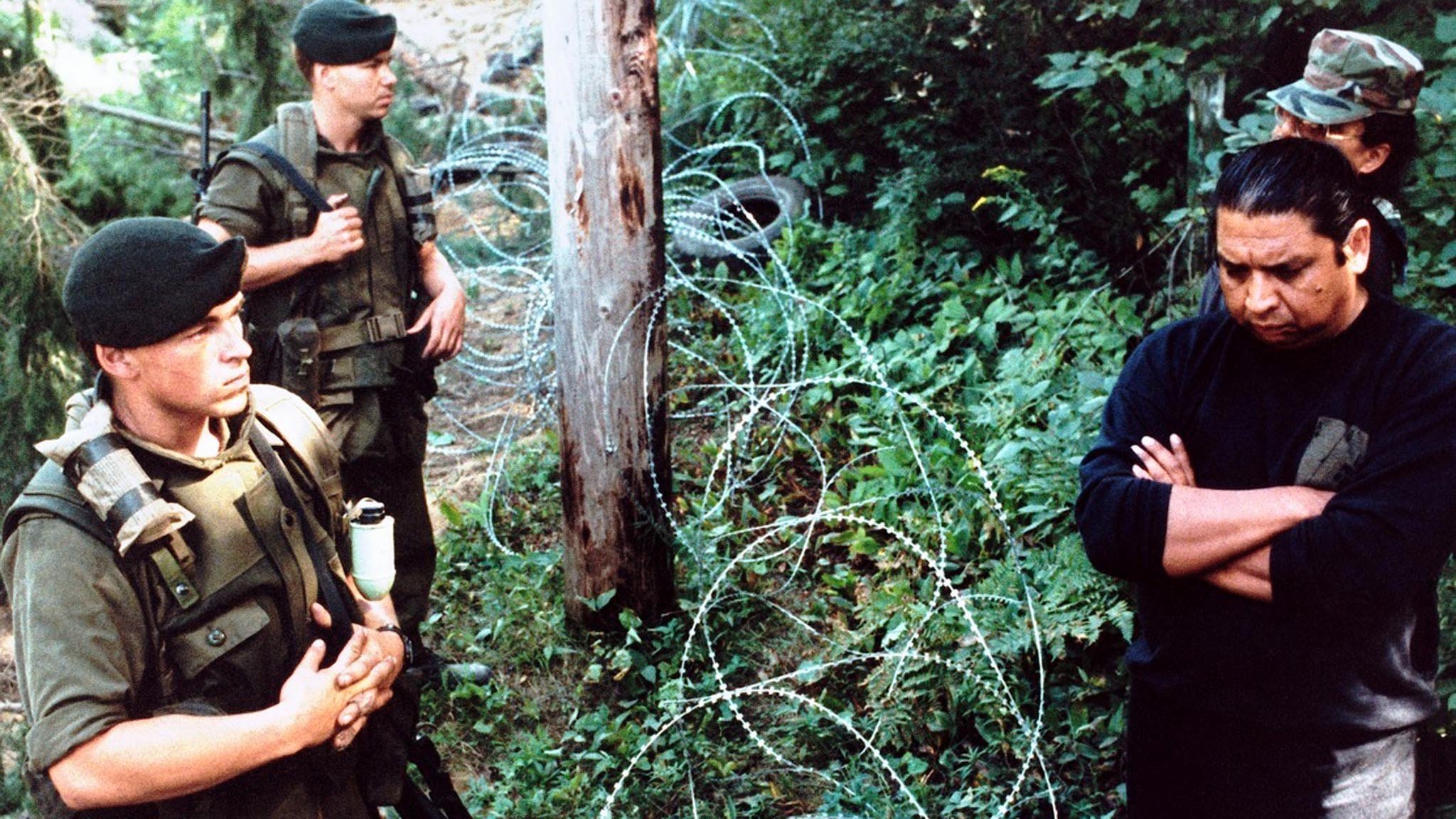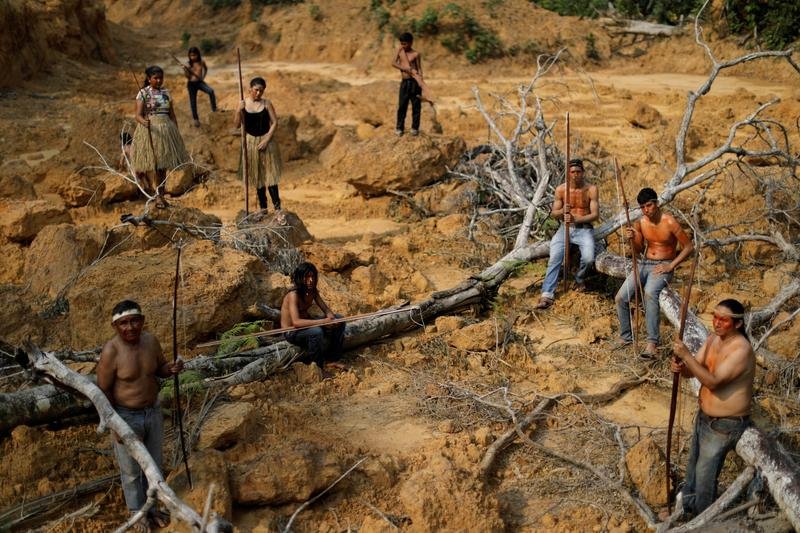Indigenous history children should know and remember
1492, Columbus arrives in America, beginning centuries of Native genocide and displacement
1830, Native American tribes in the U.S. are forced to relocate due to the passing of the Indian Removal Act
1967, the Australian Aboriginal Referendum
1990, Oka Crisis in Canada
2007, the UN internationally declares the Rights of Indigenous Peoples
Ongoing, Indigenous people fight against deforestation in the Amazon Rainforest
Celebrate Indigenous Peoples’ Day in October and National Native American Heritage Month in November
Book lists involving Indigenous perspectives and themes
Forgotten and lesser known history for early grades
Forgotten and lesser known history for middle grades
Forgotten and lesser known history for high schoolers
About holidays around the world
Fairytales with diverse characters
Folk tales from around the world
Diverse substitutes to “classic” literature
Living books by Indigenous authors
Books about inspiring women of color
Books about gratitude and thankfulness
Diverse stories of America's formation
Essential quotes about the Indigenous experience
“We are the land. To the best of my understanding, that is the fundamental idea idea that permeates American Indian life.”
Oren Lyons, Onondaga Nation
“Our stories are gifts. They contain within them everything we are as human beings.”
Eden Robinson, Haisla and Heiltsuk First Nations
“Our lives are the breath of our ancestors.”
Native American proverb
“We do not inherit the Earth from our ancestors; we borrow it from our children.”
Native American Proverb
“Sovereignty is a spiritual idea, the idea that a nation has a spirit, a soul, a destiny.”
Wilma Mankiller, Cherokee Nation
“You can’t have dignity if you're a second-class citizen.”
Faith Spotted Eagle, Yankton Sioux
Understanding the Indigenous experience through stories
The Indigenous experience is as varied as the landscapes these communities inhabit—from the plains of North America to the deserts of Australia, from the Arctic tundras to the tropical rainforests of South America. As with other communities of color, stories serve as both “windows” and “mirrors” for understanding the unique histories, cultures, and perspectives of Indigenous peoples. Through storytelling, young readers are offered an enriching journey that is both educational and deeply human.
“Indigenous” is an umbrella term that covers a vast array of tribes, nations, and ethnic groups, each with its own distinct culture, language, and history. Whether it’s the Native Americans in the United States, the First Nations in Canada, the Aboriginal peoples in Australia, or the Maori in New Zealand, each community adds a rich thread to the tapestry of human experience.
Indigenous peoples have displayed extraordinary resilience in the face of colonization, forced relocations, and cultural erasure. Their ongoing struggle for autonomy, recognition, and the right to preserve their lands and traditions is an important lesson in resistance and survival.
Throughout history, Indigenous leaders like Tecumseh, Pocahontas, and Sitting Bull in North America, as well as modern activists like Rigoberta Menchú in Guatemala, have fought to protect their people and preserve their way of life. Similarly, Indigenous folklore, replete with myths, legends, and moral tales, serves as an intrinsic part of their cultural preservation.
Children’s literature focusing on the Indigenous experience is vital for fostering understanding and empathy. Titles like “The Birchbark House” by Louise Erdrich or “Shi-shi-etko” by Nicola I. Campbell present stories that are deeply rooted in Indigenous culture. Authors like Hetxw’ms Gyetxw (Brett D. Huson) bring their unique experience to the page. Stories and authors such as these offer younger audiences a lens through which to appreciate the richness and complexities of Indigenous life.
Understanding the Indigenous experience is a rewarding exploration of human diversity and resilience. Literature that acts as “windows” and “mirrors” offers children an invaluable opportunity to connect with these timeless narratives. As young readers engage with these stories, they cultivate a more holistic view of the world and its intricate mosaic of human experiences.












